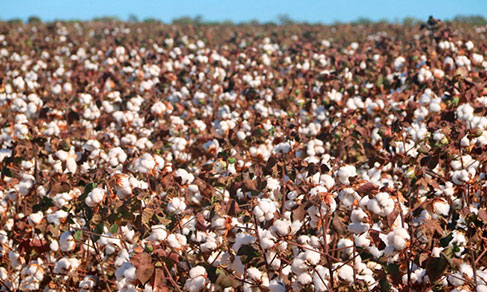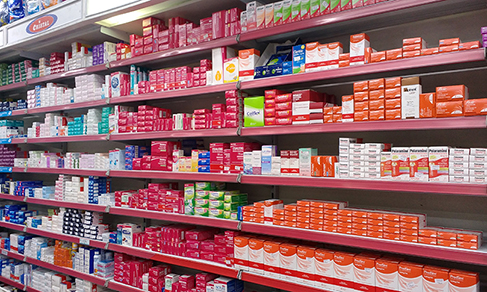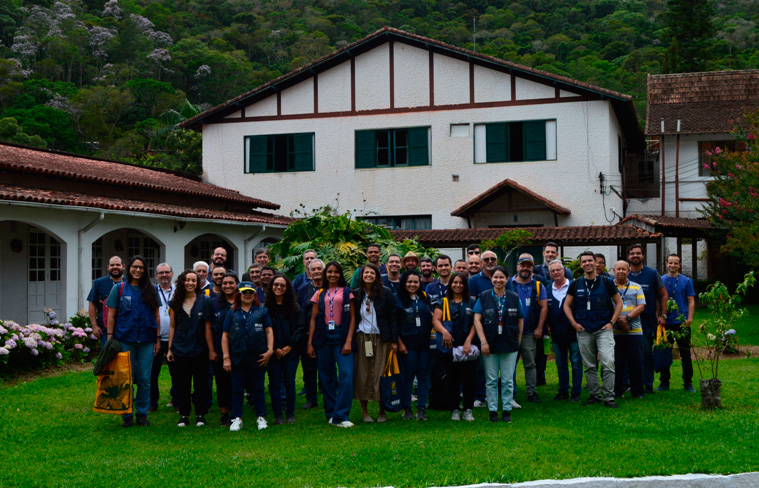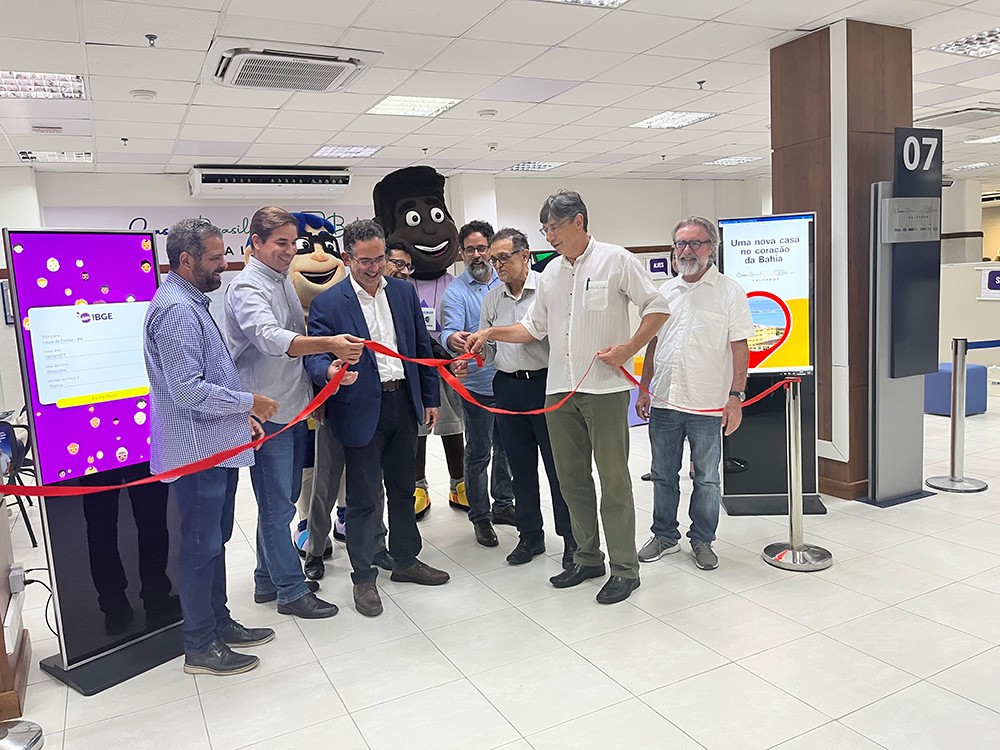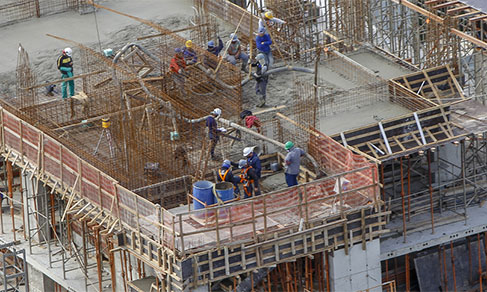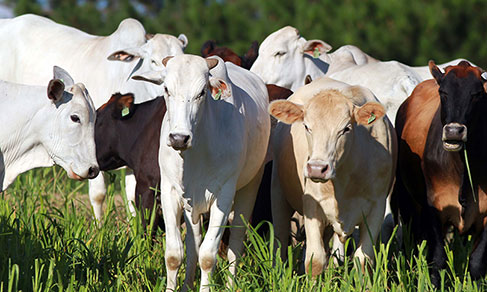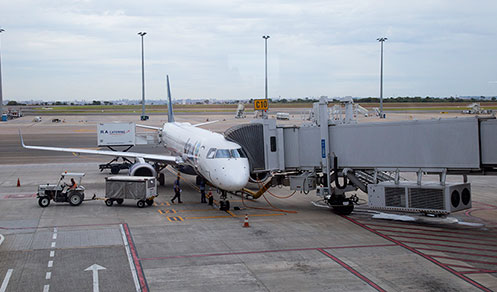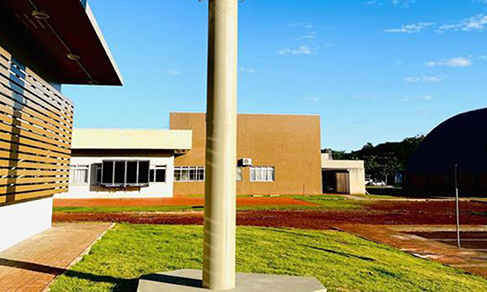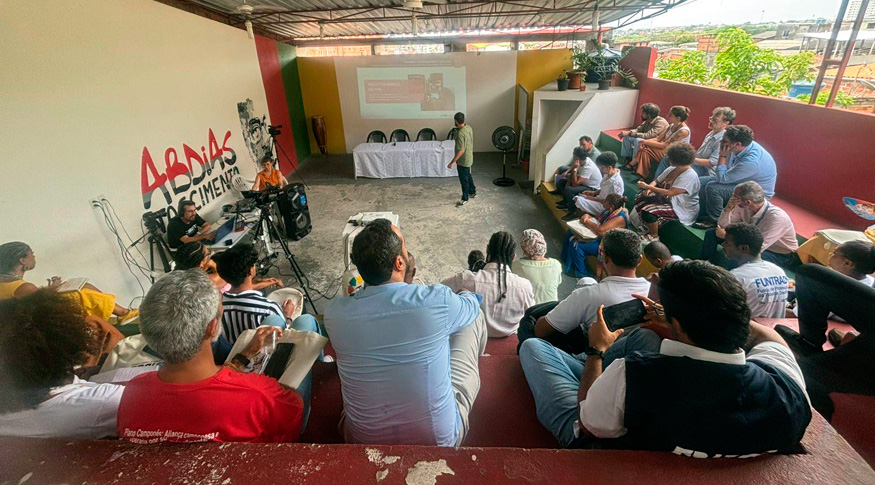Monthly Survey of Trade
Trade sales hold stable, changing -0.2% in August
October 18, 2023 09h00 AM | Last Updated: October 19, 2023 12h57 PM
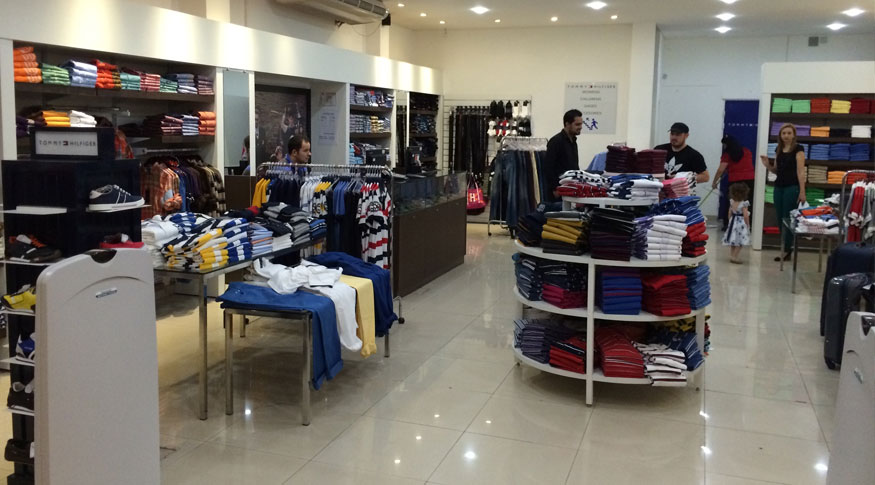 The set of activities that make up the mix of department stores were those that contributed most to the result in the month - Photo: IBGE Collection
The set of activities that make up the mix of department stores were those that contributed most to the result in the month - Photo: IBGE CollectionThe volume of trade sales in August changed -0.2% compared to July 2023. In comparison with August 2022, there was an increase of 2.3%. In the indicator for the last 12 months, growth was 1.7% and the cumulative growth in the year, 1.6%. In extended retail trade, which includes vehicles, motorcycles, parts and pieces, construction materials and specialized wholesale of food products, beverages and tobacco, sales volume fell 1.3% compared to July, after a change of -0.4% in July 2023. The data are from the Monthly Survey of Trade (PMC), released today (18) by the IBGE.
“This change is identified as stability. Excluding January (4.0%) from the 2023 time series, most indicators show stability. With the exception of March, with an increase of 0.7%, May, with a decrease of 0.6% and July with an increase of 0.7%, all other months indicated close-to-zero changes, that is, there were four months of stability and three of low volatility. The interpretation for August is stability, after a low increase (0.7%) in July”, comments survey manager Cristiano Santos.
The remainder is temporarily in Portuguese.
Crisis in accouting of store chains leads to negative rates
He says that several factors explain the low growth in retail trade in 2023, with significant changes in sectoral terms. Some sectors have shown negative indicators with some consistency and others have grown. There were four negative rates: Other personal and household articles (-4.8%), Books, newspapers, magazines and stationery (-3.2%), Furniture and household appliances (-2.2%) and Fabric, apparel and footwear (-0.4%). With positive results there were also four: Hypermarkets, supermarkets, food products, beverages and tobacco (0.9%), Fuels and lubricants (0.9%), Office, IT and communication equipment and material (0.2%), and Pharmaceutical, medical, orthopedic articles and toiletries (0.1%).
“Throughout the year, until August, large chain stores engaged in activities of Other personal and household articles (-4.8%), Furniture and household appliances (-2.2%) and Fabric, clothing and footwear (-0. 4%) are experiencing accounting crises and are experiencing a reduction in the number of stores. This downwards movement is closely related to the accounting crisis that still persists until August”, analyzes Mr. Santos.
On the other hand, other activities stand out for their growth. Hypermarkets, supermarkets, food products, beverages and tobacco, despite the small increase of 0.9% in August, have shown constant growth (1.4% in June; 0.3% in July).
“This has to do with the slowdown of inflation in the food sector. The effect of inflation ends up having an impact on the activity, with greater income for consumers to purchase products. Fuels and lubricants, in turn, with growth of 0.9%, presents an opposite trend, having registered several months with rates very close to zero or falling, contributing, together with Hypermarkets, supermarkets, food products, beverages and tobacco to place the margin global indicator very close to zero”, adds the PMC manager.
Another activity with stable performance is Pharmaceutical, medical, orthopedic articles and toiletries, which for the third consecutive month changes between -0.3% and 0.1%. “This activity has been kept without declines, but has ended up having little influence in recent months”, says Mr. Santos.
Extended retail drops 1.3% in August
For the extended retail trade (-1.3%), the Construction material sector changed -0.1%, while Vehicles and motorcycles, parts and pieces grew 3.3% in August compared to July. In the non-seasonally adjusted series, extended retail grew 3.6% compared to July 2022, completing six months with uninterrupted growth. The cumulative result for the year was 4.2% and the cumulative result in 12 months was 2.7%.
Trade falls 2.3% compared to August 2022 with negative rates in five of the eight activities
In relation to August 2022, trade had a predominance of negative changes, affecting five of the eight activities: Books, newspapers, magazines and stationery (-15.7%), Other personal and household articles (-7.9%) , Fabric, apparel and footwear (-7.0%), Fuels and lubricants (-3.5%) and Furniture and household appliances (-1.5%), On the other hand, three activities showed growth in the interannual indicator: Pharmaceutical, medical, orthopedic articles and toiletries (6.5%), Office, IT and communication material and equipment (6.2%) and Hypermarkets, supermarkets, food products, beverages and tobacco (5.6%).
In extended retail, Vehicles and motorcycles, parts and pieces and Specialized wholesale of food products, beverages and tobacco rose: 10.8% and 8.8%, respectively. Construction material changed -0.5% in August 2023 compared to August 2022.
Sales decline in 20 Federation Units compared to July
In August, there were negative results in 20 of the 27 Federation Units, with a highlight to: Paraíba (-3.6%), Alagoas (-2.7%) and Amapá (-2.3%).
On the other hand, on a downward trend are six of the 27 Federation Units, notably Sergipe (-2.2%), Rondônia (-1.9%) and Pernambuco (-1.7%)
For the same comparison, in extended retail trade, the change between July and August 2023 was -0.6%, with a predominance of positive results, 14 of the 27 Federation Units, with a highlight to: Paraíba (17.2%) , Tocantins (5.4%) and Roraima (3.8%). On the other hand, on a downward trend are 12 of the 27 Federation Units, with a highlight to Rio Grande do Sul (2.0%), Federal District (1.4%) and Paraná (0.7%). Amazonas registered stability (0.0%) from June to August.
More about the survey
The PMC produces indicators that allow monitoring the current behavior of retail trade in the country, investigating the gross revenue from sales in formally constituted companies, with 20 or more employed persons, and whose main activity is retail trade.
Started in 1995, the PMC brings monthly results of the change in volume and nominal sales revenue for retail trade and extended retail trade (cars and construction materials) for Brazil and Federation Units. The results can be consulted on Sidra.





